| Umělec magazine 2005/3 >> Good Girls Go to Heaven, Bad Girls Can Go Everywhere | List of all editions. | ||||||||||||
|
|||||||||||||
Good Girls Go to Heaven, Bad Girls Can Go EverywhereUmělec magazine 2005/301.03.2005 Ivana Moncoľová | review | en cs de es |
|||||||||||||
|
Aneta (19X5) and Lucia (19X7): video queens, cultural provocateurs, femmes... Aneta Mona Chisa (assistant to Miloš Bielický at the Prague School of Fine Arts) and Lucia Tkáčová (assistant to Ilona Németh at the Bratislava Academy of Fine Arts and Design, and co-founder of Bratislava’s HIT gallery) presented an exhibition during the Multiplace festival entitled Most of all We’d Love to Have Sex with Roman Ondák. The collaboration of these two exciting artists started in 2000 by a collective exhibition Les Amies in the Zoe fashion shop. The collaboration in the field of video went on with the Bullshit exhibition in Bratislava. The exhibition A Room of Their Own in the Médium gallery in 2003 met with media fanfare, and another project, Videosomic, achieved unexpected attendance.
Aneta and Lucia are friends, colleagues and stylish women. Lucia taught Aneta to knit, and they immediately applied the skill for the Room of Their Own exhibition around a soccer ball, a briefcase and a beer. For Bratislava’s “small-town” culture their collective work to date has been particularly provocative, but their strategy is premeditated. Their productions appeal to their spectators and are beginning to find an audience abroad. This is because the provocation in their works is mixed with ridicule of essentialism in feminist art and of the exhaustion and often artificial maintenance of feminist themes. In their videos as in their lives, Aneta and Lucia use their female charm and natural feminine behavior to emphasize and ridicule rigidity associated with feminist subjects. Yet the ridicule is natural because they know that any art they could produce will automatically be branded as “female.” They perform in their own videos, naked or they strip intellectually by removing female taboos. They embedded into their “porn” video some the cultural provocation that they endured in other exhibitions. Some believe they did this to cope with the nonexistence of the feminist movement in Slovakia in the seventies. The porn-video industry is booming in Central Europe; Bratislava is profiting in gay porn production. Aneta and Lucia made their Pornvideo (1 min 9 sec, 2004) in a real professional studio that produces videos for the Central European porn market. Aneta and Lucia simulate real shots of commercial heterosexual porno in it, yet both actresses remain clothed. They swap typically female or male positions, undermining the dominant position of either of them. The camera documents their sighing faces and clothed lovesick bodies and movements. Editing alternates from details to entire scenes. The artists needn’t persuade us much of the passion of their acting: they toss their hair about while moving, the camera takes in significant details of their mimicry, but simulation is suggested by the choice of music, the sighs and the background, all of which echo the cliches of pornography. The video projection was supplemented at the exhibition by seven photographs that capture both artists, again clothed, in erotic positions on a ladder, in an elevator and in various other interiors alluding to strange settings where simulated sexual intercourse should transpire. The second video with, Holiday Video (9 min, 2004), was made with no cuts, and is static. It captures the dialog of both artists at a public swimming pool on vacation in Romania. The static image is shattered by the expressive colorfulness of the scene: both artists wear colorful bikinis, slurp colorful summer sodas through straws and, as if perchance, casually discuss art. And artists. They ask each other the central question “who would you most like to have sex with?” The choice is personalities and names from the Slovak art scene in the form of artists and curators (there is also one female artist). The subtitle of the whole exhibition makes known a Slovak artist, born in 1966 in Žilina, with whom Lucia and Aneta would like to have sex. The various names mentioned in dialog are not based on personal contacts on the Slovak scene, but rather reflect the material success of the artists (artists’ rankings at www.artfacts.net). The women decided never to show this video again, but they prepared a similar project with questions and answers of their dialog in Home Video (3.5 min, 2005) for this year’s Biennial 2 in Prague’s Karlín, organised by Giancarlo Politi and Flash Art magazine. The video takes place in a domestic setting and consists of a series of questions. First they ask they ask each other, “For how much would you have sex with the director of Prague biennial Giancarlo Politi or Milan Knížák (IBCA 2005, National Gallery).” In the second half of the dialog they take on the personalities of Politi and Knížák who are able, despite the disagreements up to now, to talk about money. The exceptional nature and maturity of the work of both artists precisely duplicates the evolution of their mutual relationship as seen in the Room of Their Own exhibition. Since then, their common work has presented uniquely well-rounded perspectives. Their videos draw upon provocation in the field of erotica, (cultural) politics and cultural social relationships. Although perhaps the imagery and editing of the videos exploits earlier video productions of Pipilotti Rist, the truth is that the only thing they have in common is the colorfulness. Aneta and Lucia create with a significant dosage of humor, and it is obvious that they enjoy their common play at art very much. Their intelligent humor in the other videos has a disarming function: it reinterprets “orthodox feminism” and moves it further on.
01.03.2005
Recommended articles
|
|||||||||||||
|
04.02.2020 10:17
Letošní 50. ročník Art Basel přilákal celkem 93 000 návštěvníků a sběratelů z 80 zemí světa. 290 prémiových galerií představilo umělecká díla od počátku 20. století až po současnost. Hlavní sektor přehlídky, tradičně v prvním patře výstavního prostoru, představil 232 předních galerií z celého světa nabízející umění nejvyšší kvality. Veletrh ukázal vzestupný trend prodeje prostřednictvím galerií jak soukromým sbírkám, tak i institucím. Kromě hlavního veletrhu stály za návštěvu i ty přidružené: Volta, Liste a Photo Basel, k tomu doprovodné programy a výstavy v místních institucích, které kvalitou daleko přesahují hranice města tj. Kunsthalle Basel, Kunstmuseum, Tinguely muzeum nebo Fondation Beyeler.
|







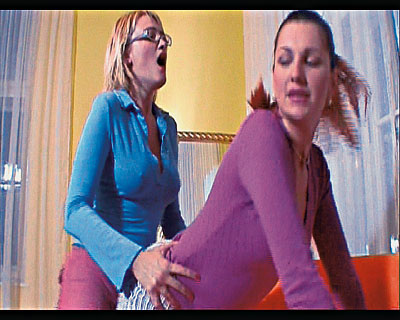
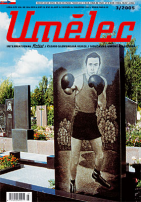



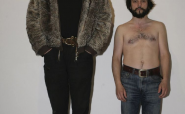
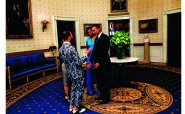
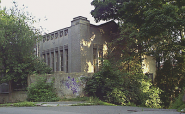
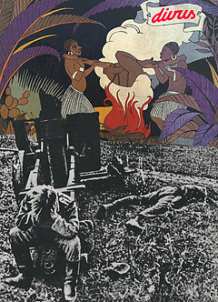






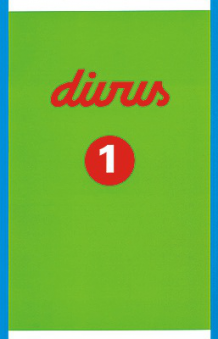




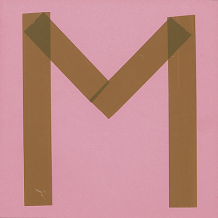
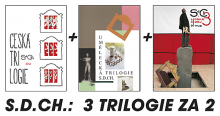
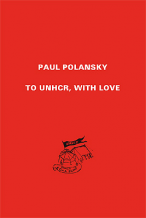
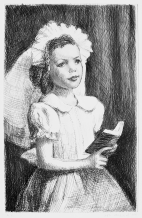


 We Are Rising National Gallery For You! Go to Kyjov by Krásná Lípa no.37.
We Are Rising National Gallery For You! Go to Kyjov by Krásná Lípa no.37.
Comments
There are currently no comments.Add new comment